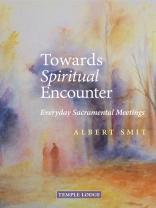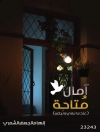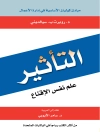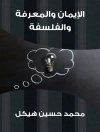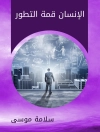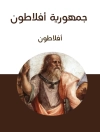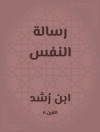In his general practice as a doctor, Albert Smit observed numerous psychological issues in his patients – issues that often caused an existential crisis for the individual concerned. These experiences led Smit to change his career and to begin a path of research to discover how genuine inner healing could be achieved. In this succinct and inspiring study, the author offers a clear way forward that allows for individual and social transformation.
Smit points to a statement by Rudolf Steiner, that human relationships could become something of a social art. We can begin on this work today, through free and conscious choice. Engaging the forces of the heart, we can meet our fellow human beings as true individuals – as equals – and ultimately as brothers and sisters. Such work could help to heal the individual alienation and social divisions of our time. Eventually, human encounter could evolve into a spiritual event – even a sacramental act! Towards Spiritual Encounter is a valuable text for meditation and reflection.
‘The basis for all free religious feeling that will unfold in humanity in the future will be the acknowledgement – not merely in theory but in actual practice – that every human being is made in the likeness of the Godhead. … For then every meeting between one person and another will of itself be in the nature of a religious rite, a sacrament.’ – Rudolf Steiner
เกี่ยวกับผู้แต่ง
ALBERT SMIT (l940–2020) was an anthroposophical doctor, teacher and biographical counsellor. He began his working life as a tropical physician in Zambia and subsequently worked in The Netherlands as a general practitioner. In the second half of his life he changed his career to become a counsellor and teacher of the human condition at a number of professional training institutes (including in the United Kingdom). The reason for this change was his observation of the pain in the souls of human beings of the present. He wanted to make a positive contribution to this through the aid of anthroposophical insights and true human encounter.
